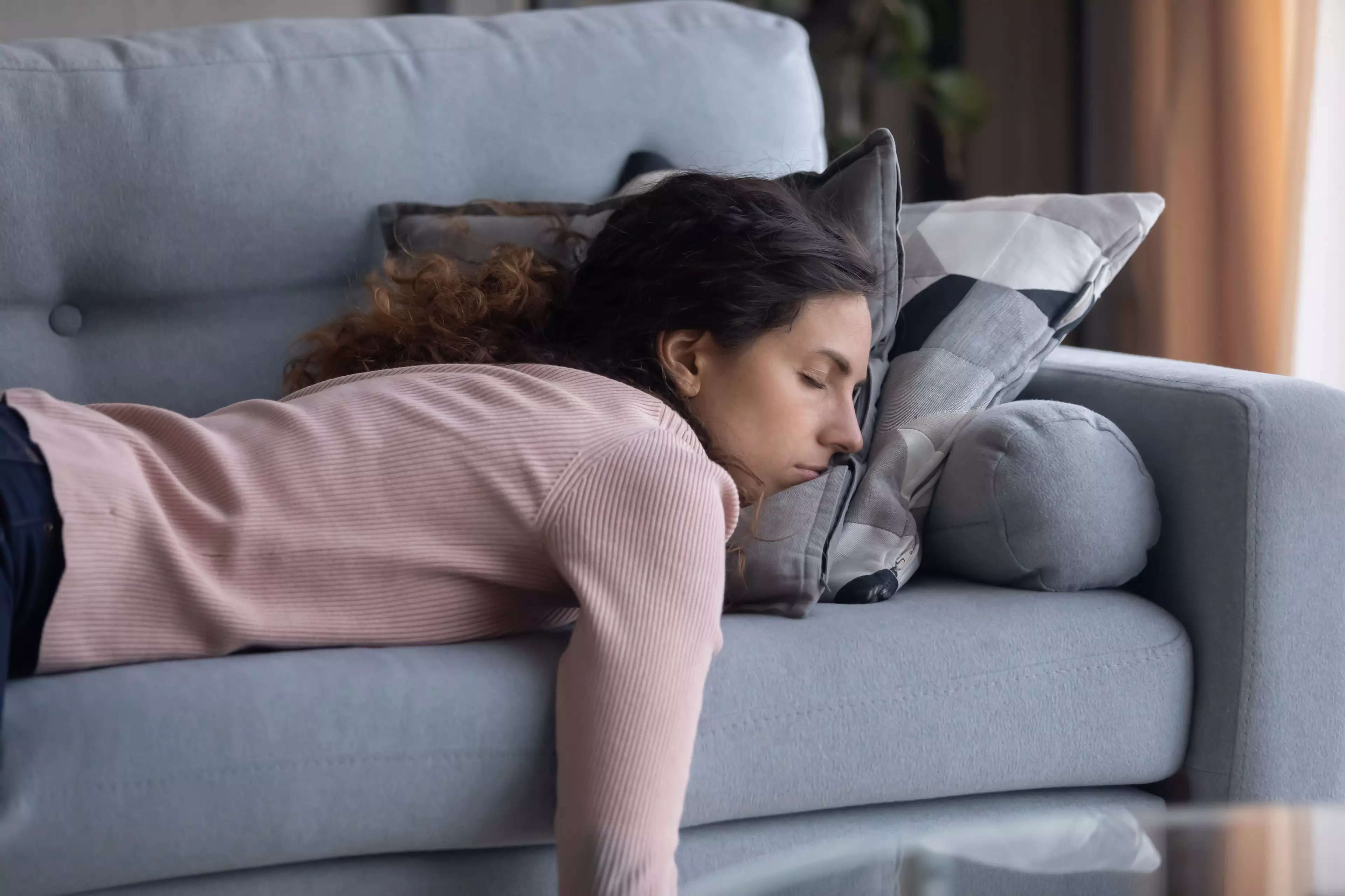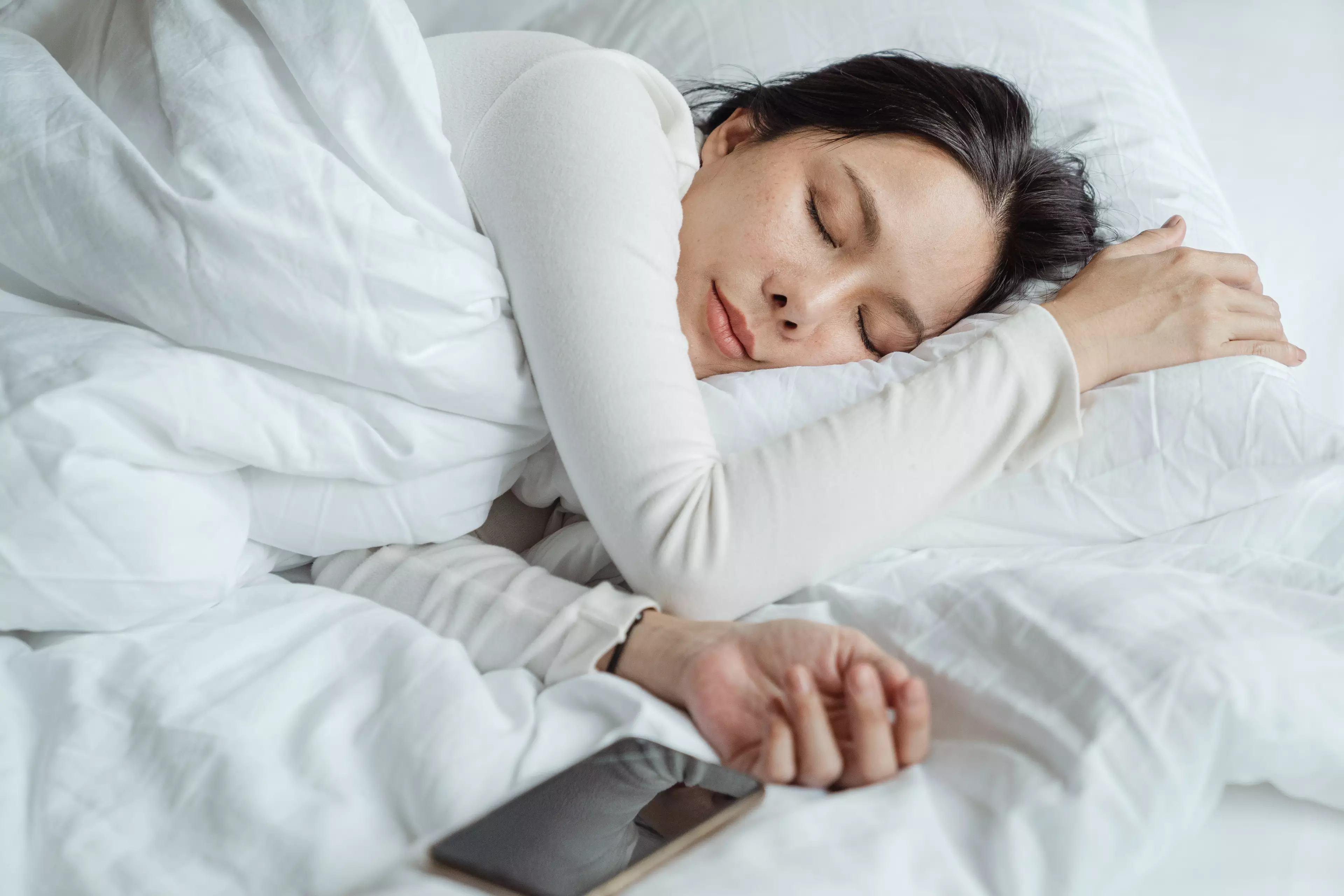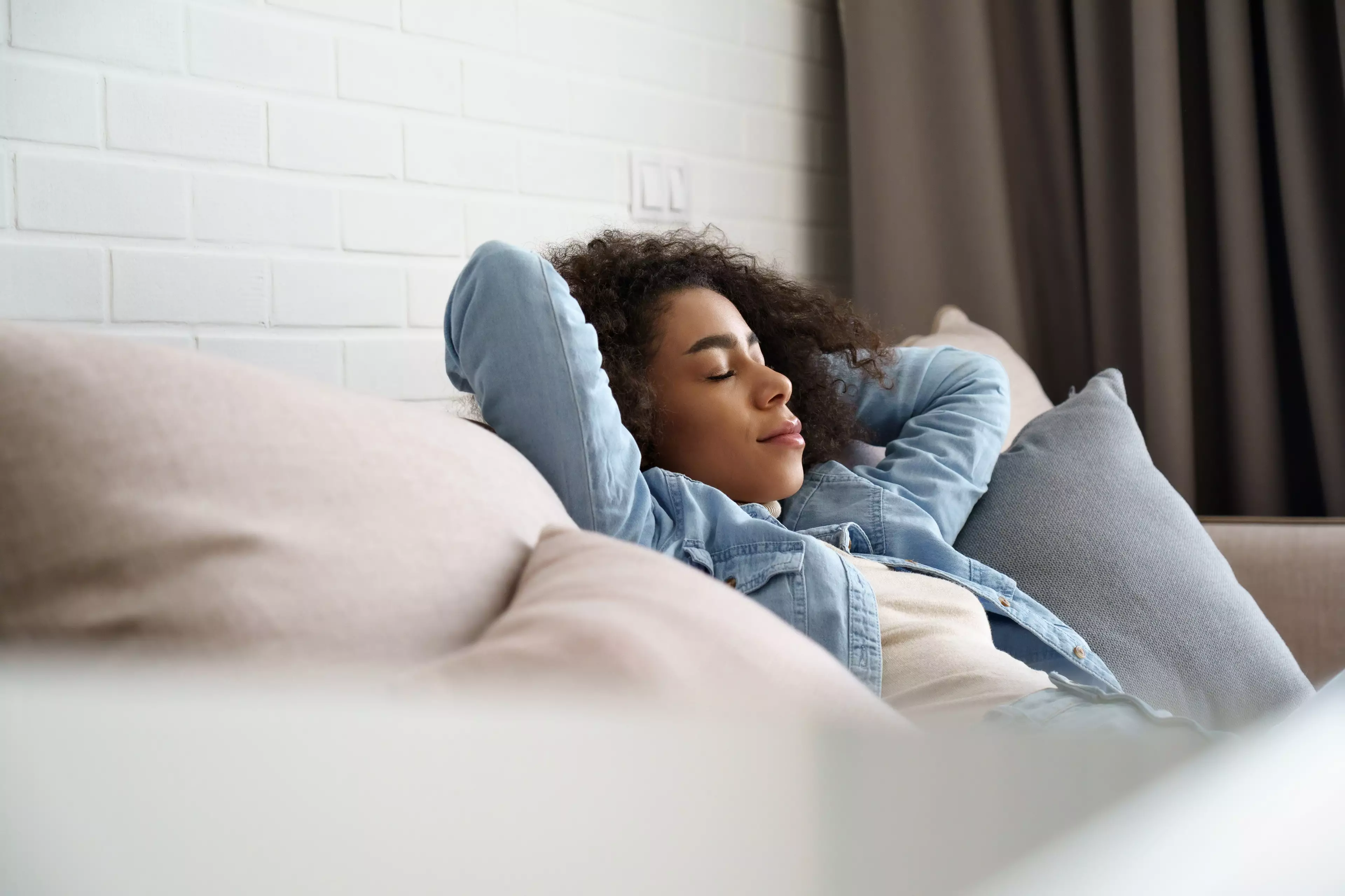
If you often feel drowsy around 3pm, it's not necessarily a bad thing.
In fact, taking afternoon naps could result in your brain becoming quicker and sharper, new research has revealed.

Even a tiny five-minute snooze could go a long way, after a study of more than 2,200 people found a nap could lead to improved mental agility.
Advert
Published by the British Medical Journal, the study looked at a number of people who slept for an average of 6.5 hours at night and napped for between five minutes and two hours after lunch.
Study author Dr Lin Sun, of the Shanghai Jiao Tong University in China, said: "Taking a regular afternoon nap may be linked to better mental agility.
"It seems to be associated with better locational awareness, verbal fluency, and working memory, the findings indicate."

In the study, researchers also explored the impact of napping on diseases such as dementia. Worldwide, around 50million people have dementia, with symptoms such as loss of memory, language, and other thinking abilities.
Advert
However, previous studies had not reached any conclusion over whether naps could help ward off the disease. But in Dr Sun's study, researchers explored this further in 2,214 healthy people aged at least 60 and living in several large cities around China, including Beijing, Shanghai, and Xian.
In all cities, 1,534 took a regular afternoon nap while 680 people did not. The average length of each person's night time sleep was around 6.5 hours in both groups. All participants also took on a series of health checks and cognitive assessments, including the Mini Mental State Exam (MMSE) to check for dementia.
Dr Sun said: "As people age, their sleep patterns change with afternoon naps becoming more frequent.
"But research published to date hasn't reached any consensus on whether afternoon naps might help to stave off cognitive decline and dementia in older people or whether they might be a symptom of dementia.
Advert
"The MMSE cognitive performance scores were significantly higher among the nappers than they were among those who didn't nap.

"And there were significant differences in locational awareness, verbal fluency, and memory."
The researchers emphasised that this is an observational study and so cannot establish cause, and there was no information on the duration or timing of the naps taken, which could be key. But there are some possible explanations for the observations found.
Advert
Dr Sun said: "One theory is that inflammation is a mediator between mid-day naps and poor health outcomes.
"Inflammatory chemicals have an important role in sleep disorders. Sleep regulates the body's immune response and napping is thought to be an evolved response to inflammation.
"People with higher levels of inflammation also nap more often."
The findings were published in the online journal General Psychiatry. If this hasn't convinced you to take a nap this afternoon, we don't know what will!
Featured Image Credit: Unsplash